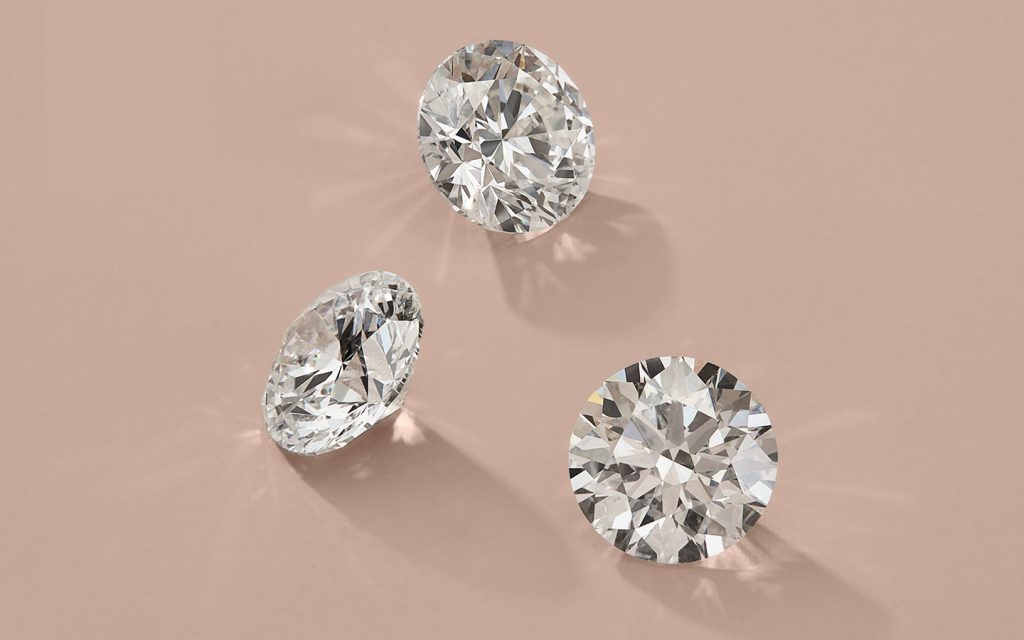When it comes to diamond certification, two names stand out: gia vs igi (Gemological Institute of America) and IGI (International Gemological Institute). Both are renowned institutions that provide diamond grading reports, but understanding the differences between them is crucial for making an informed decision when purchasing diamonds. In this comprehensive guide, we delve into the specifics of each certification body to help you determine which one suits your needs better.
Table of Contents
Understanding GIA Certification
GIA, established in 1931, is considered the gold standardlab created diamonds of diamond grading worldwide. Their rigorous grading standards and uncompromising commitment to accuracy have earned them a stellar reputation in the jewelry industry. Diamonds certified by GIA undergo thorough examination by highly trained gemologists who assess the 4Cs — Cut, Color, Clarity, and Carat Weight — with meticulous precision.
Why Choose GIA Certification?
Unmatched Reputation: GIA certifications are widely respected and recognized globally, ensuring authenticity and quality.
Consistency and Accuracy: GIA gemologists use standardized grading practices, providing reliable assessments of diamond characteristics.
Education and Research: GIA not only grades diamonds but also conducts extensive research and sets industry standards, making them a leader in gemological knowledge.
Exploring IGI Certification
Founded in 1975, IGI has grown into one of the largest independent gemological laboratories worldwide. Similar to GIA, IGI offers comprehensive diamond grading reports that detail the 4Cs and other relevant characteristics. While not as stringent as GIA in some aspects, IGI certifications provide valuable information for consumers and retailers alike.
Advantages of IGI Certification
Accessibility: IGI provides services at a lower cost compared to GIA, making it a preferred choice for many in the diamond industry.
Speed: IGI often delivers reports faster than GIA, which can be advantageous for time-sensitive transactions.
International Recognition: IGI certifications are recognized in many markets globally, offering flexibility for international diamond trade.
Key Differences Between GIA and IGI
Grading Standards
GIA: Known for its strict grading criteria, GIA offers consistency and reliability in diamond assessments.
IGI: While generally reliable, IGI may sometimes be perceived as providing slightly more lenient grading in certain aspects like color and clarity.
Industry Perception
GIA: Preferred by high-end jewelers and consumers who prioritize absolute accuracy and adherence to strict grading standards.
IGI: Popular among retailers looking for a balance between credibility and affordability in diamond certification.
Which Certification Should You Choose?
For High-Value Diamonds
If you are investing in high-value diamonds or seeking utmost assurance of quality and authenticity, GIA certification is highly recommended. The meticulous grading and unmatched reputation of GIA ensure that you are getting exactly what you pay for, with detailed reports that leave no room for doubt.
For Commercial Purposes
For lab created diamonds intended for commercial sale where cost efficiency and faster turnover are crucial, IGI certification offers a practical choice. Their recognized reports and quicker turnaround times can streamline transactions without compromising on credibility.
Conclusion
Choosing between GIA and IGI certification depends on your specific needs and priorities as a consumer or jeweler. While GIA sets the benchmark for diamond grading with its rigorous standards and global recognition, IGI provides a reliable alternative that balances quality with affordability. Ultimately, understanding the strengths of each certification body allows you to make an informed decision that aligns with your preferences and objectives in the diamond market.

